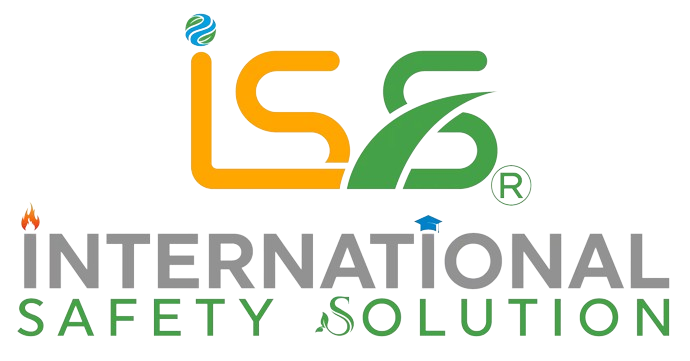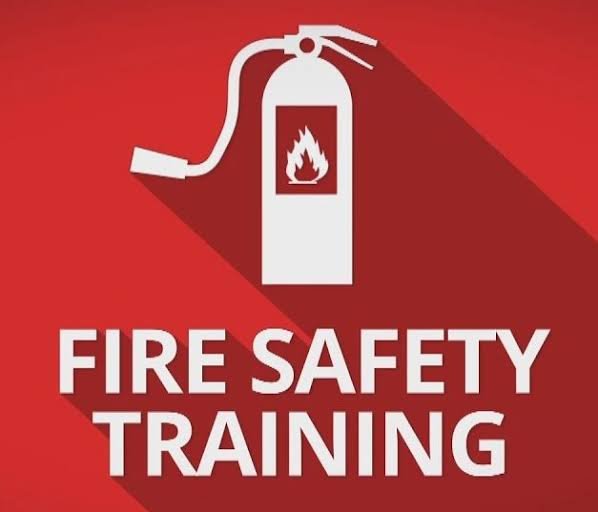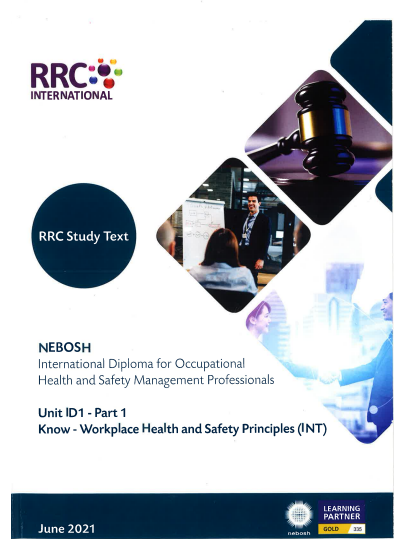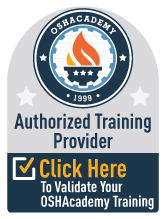Introduction
Fire Equipment Maintenance is one of the most critical components in any safety management system. Whether in industrial, commercial, or residential environments, Fire Equipment Maintenance ensures that essential systems like extinguishers, alarms, hose reels, and sprinklers function effectively during emergencies. The importance of Fire Equipment Maintenance cannot be overstated, as it directly impacts the reliability and readiness of fire protection systems. Neglecting Fire Equipment Maintenance can result in equipment failure at crucial moments, increasing the risk of injury, property damage, and legal liabilities. Consistent and thorough Fire Equipment Maintenance is key to preventing malfunctions and ensuring compliance with fire safety regulations.

1. Importance of Fire Equipment Maintenance
Properly maintained fire safety equipment is the first line of defense in the event of a fire. Malfunctioning extinguishers, blocked sprinklers, or expired batteries in alarm systems can severely compromise the ability to respond effectively to emergencies. Consistent maintenance ensures that all systems are in optimal working condition, thereby improving emergency preparedness and reducing the likelihood of catastrophic losses.
2. Types of Fire Equipment Maintenance Requirements
Fire Extinguishers
Fire extinguishers should undergo a visual inspection every month to ensure:
- The pressure gauge is in the recommended range (usually the green zone)
- The tamper seal is intact
- There are no signs of corrosion, damage, or leakage
- It is mounted correctly and easily accessible
A professional inspection should be carried out at least once a year, and a hydrostatic test may be required depending on the type and age of the extinguisher.

Smoke and Heat Detectors
Detectors should be tested monthly using the built-in test button. Dust and debris must be cleaned regularly to maintain sensor sensitivity. Batteries should be replaced every six months or according to the manufacturer’s recommendations.
Fire Alarm Systems
Routine checks of control panels, sounders, manual call points, and detectors must be conducted. Certified technicians should perform full inspections biannually, ensuring system-wide reliability and compliance with safety standards.
Fire Hose Reels and Hydrants
These should be checked to ensure the hose is properly rolled, not cracked, and free from leakage. Hydrants must have unobstructed access and adequate water pressure, with operational valves tested during maintenance routines.
Sprinkler Systems
Sprinklers must be inspected for blockages, corrosion, leaks, and mechanical damage. Water pressure should be checked, and the entire system must be periodically flushed and tested to ensure coverage.
Emergency Exit Signs and Lighting
Lighting systems should be inspected weekly. Functionality should be confirmed during simulated power failures. Batteries should be replaced as per the maintenance schedule to ensure visibility during emergencies.
3. Establishing a Maintenance Schedule and Documentation Process
A detailed and up-to-date Fire Equipment Maintenance Log is essential for any facility. This log should include:
- The date of inspection
- Equipment condition and findings
- Any corrective action or repairs taken
- Name and credentials of the inspector
Maintenance should be scheduled on a monthly, quarterly, and annual basis, depending on the equipment and its usage. This documentation supports internal audits, demonstrates regulatory compliance, and helps in identifying recurring issues for long-term resolution.
4. Engaging Certified Fire Safety Professionals
While in-house personnel can handle basic checks and routine tasks, advanced inspections, testing, and repairs must be handled by certified fire safety professionals. These experts are trained to:
- Conduct pressure and flow rate tests
- Perform hydrostatic testing
- Identify compliance gaps
- Ensure the equipment meets local and national fire safety codes
Hiring certified professionals adds a layer of credibility and ensures that your facility is not exposed to unnecessary legal or safety risks.

5. Staff Training and Reporting Protocols
Maintaining fire safety is a shared responsibility. All staff members should be trained in:
- Correct usage of fire extinguishers using the PASS method (Pull, Aim, Squeeze, Sweep)
- Identifying signs of malfunction in safety equipment
- Reporting procedures for damaged or expired equipment
Training fosters a safety-first culture and enables early detection of issues, which can significantly reduce downtime and safety vulnerabilities.
Conclusion
Fire safety equipment can save lives and property but only if it is functioning properly. Maintenance is not optional; it is a legal and moral obligation that every organization must prioritize. Regular inspections, detailed documentation, certified servicing, and staff engagement form the foundation of a strong fire safety management system.
By implementing a structured and disciplined maintenance approach, organizations can ensure that their fire equipment is ready to perform when it matters most providing safety, compliance, and peace of mind.





